Today is International Women’s Day, a global observance that began in a handful of countries in the early 1900s as part of equal rights and worker protections campaigns. Though the day has been marked annually since, it wasn’t until 1975 that the United Nations first celebrated International Women’s Day. After a major revival of the campaign and platform between 2001 and 2011, the movement now celebrates Women’s History Month, fundraises for female-focused charities, and brings women’s equality to the global forefront with events and an annual campaign theme.
This year’s theme is #InspireInclusion. We’re challenged to imagine a world free of bias, stereotypes, and discrimination. A world that’s diverse, equitable, and inclusive. At SWMW Law, we strive to cultivate a diverse, inclusive, and supportive culture where different perspectives are valued and encouraged. In celebration of International Women’s Day, we take these efforts a step further by amplifying the voices of our female attorneys. Read on to learn why they choose a career in law, the challenges they face in practice, and their hopes for the future.
Lauren Williams, Member
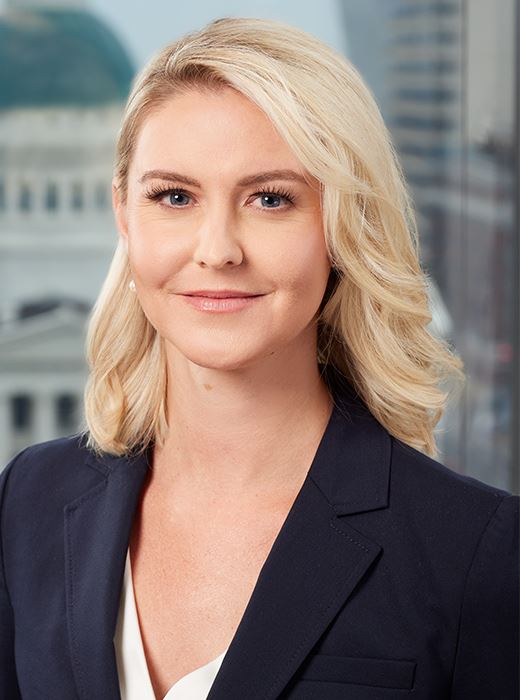
Why did you want to be an attorney?
“I have always on some level wanted to be an attorney. I enjoy the academic side of studying the law, as well as the problem-solving and strategy associated with practicing day-to-day. I focused my undergraduate studies on history, and there is a dynamic intersection between historical events, laws, and how they shape one another.”
What have been the biggest challenges you’ve faced as a woman practicing law?
“I think double standards persist, with women often having to perform consistently at higher levels, take on more work, and battle implicit bias to prove themselves as successful or respected in this profession. The stakes are higher for women.”
How do you plan to contribute to the future of women in law? What can others do now?
“I think it is important to spend more time with women discussing the practical realities of balancing personal and professional goals. I think conversations about “women empowerment” need to progress further into discussions centered around providing women with resources, advice, and concrete information that sets them on a more informed path towards planning and achieving their goals, both personally and professionally. I plan to spend more time sharing my personal experiences and encouraging others to do the same.”
Sophie Zavaglia, Partner
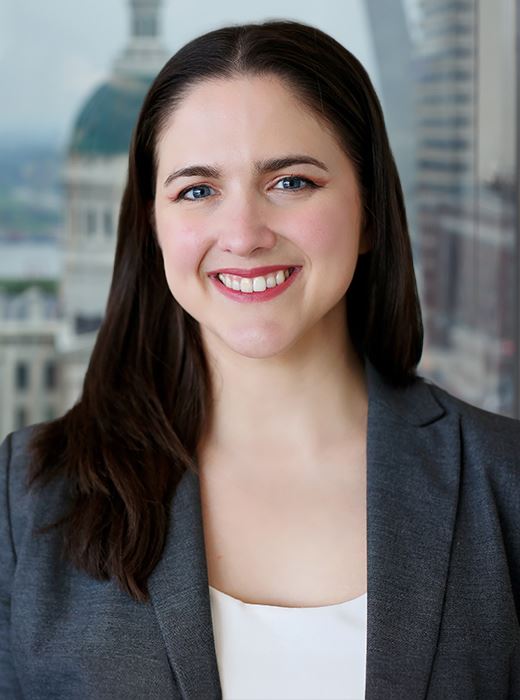
Why did you want to be an attorney?
“I’ve wanted to be a lawyer since high school. I went through several traumatic events in my childhood, including losing my dad at a young age, and to me, being a lawyer meant being able to help people and fight bullies. I’ve tried to stay true to that in my career.”
What has been your proudest accomplishment as an attorney?
“Winning a jury trial in May 2023.”
What have been the biggest challenges you’ve faced as a woman practicing law?
“Being taken seriously. People (both men and women) like to talk about promoting women and putting women in positions of power. But when it comes down to business, I think men get taken more seriously and quicker than women do. I feel like our negotiation demands are seen as polite suggestions, our complaints are seen as whining, and our warnings are taken as conversation starters.”
Holly L. Deihl, Partner
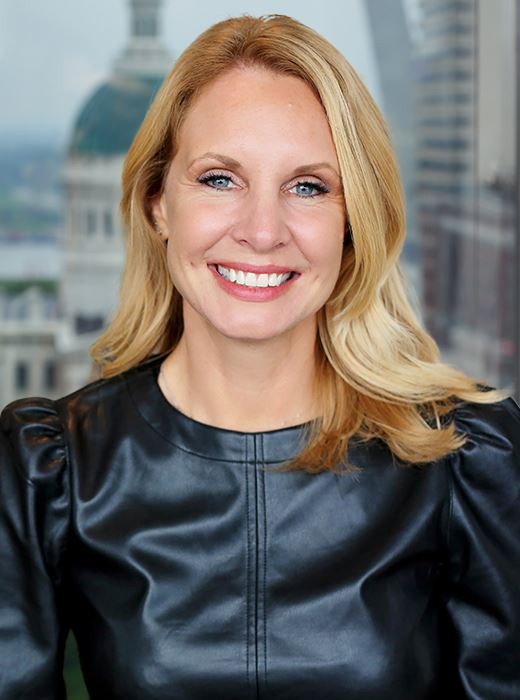
What have been the biggest challenges you’ve faced as a woman practicing law?
“My biggest challenge is having people take me seriously. I am a strong woman, who speaks my mind, and I do what I need to do to fight for my client. Often that is viewed as being irrational… perhaps because I am a woman. I have observed male colleagues acting in the same manner or making the same demands or challenges, but their actions are always viewed drastically different. It’s frustrating.”
How do you plan to contribute to the future of women in law? What can others do now?
“I believe in the concept that more women can make it to the top if those who are ahead reach a hand back and help them up. I plan to continue to try and reach back and help up those behind me by mentoring and continuing to be a role model for younger or less experienced women in the profession.”
Stephanie Gold, Partner
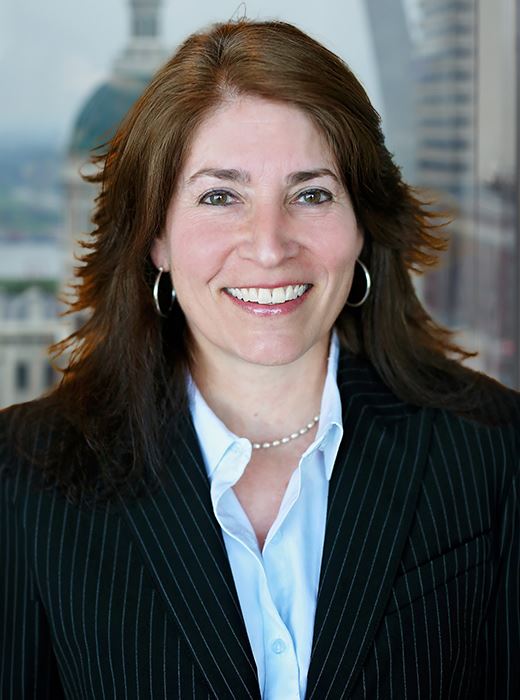
Why did you want to be an attorney?
“There was no defining moment for me, really. More like little things along the way and discovering what I didn’t like versus what I did like. I decided to go to law school after I’d been out of college for a few years. Everyone I knew was getting an advanced degree and I didn’t want to get an MBA. I knew I wanted to go to court.”
What has been your proudest accomplishment as an attorney?
“That I found my way to a job that lets me help people.”
Christina Ewers, Associate
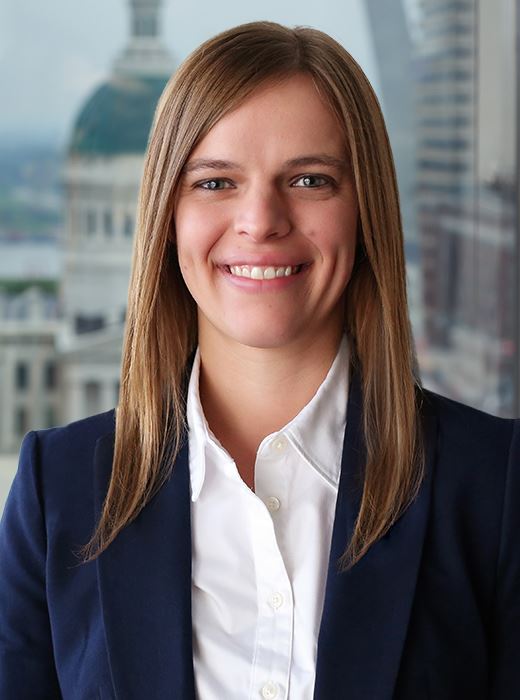
What has been your proudest accomplishment as an attorney?
“When I was a public defender, one of my clients was addicted to several different controlled substances and ended up getting herself involved in a lot of criminal activity. The prosecutor wanted her to go to prison, but I eventually was able to talk the prosecutor into letting her do Drug Court instead. No one (aside from me) believed that she would be able to make it through. Last I heard, the client successfully completed the program and has been sober ever since. She got herself a job and is living a normal healthy life now.”
What advice do you have for women who are considering a career in law?
“If you’re even thinking about it – go for it!”
Kaitlyn J. Jamison, Associate
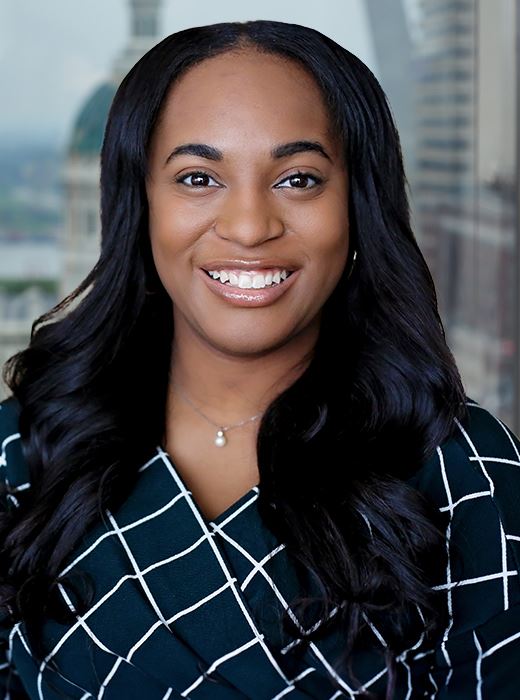
What have been the biggest challenges you’ve faced as a woman practicing law?
“Balancing motherhood with lawyering is my biggest, ongoing challenge. Taking things day-by-day and breaking big goals into short-term goals has been very helpful.”
What has been your proudest accomplishment as an attorney?
“Having spent my career in personal injury, all my clients have been injured due to no fault of their own and I have been proud to assist them in telling their stories as a means to obtain closure and compensation.”
How do you plan to contribute to the future of women in law? What can others do now?
“I find a lot of joy in working with my mentees as they matriculate through law school and prepare for the bar exam, and I am looking forward to launching a scholarship fund soon. It’s important that we use our knowledge and resources to make the journey a little easier for those coming behind us.”
Jessica Nelson, Associate
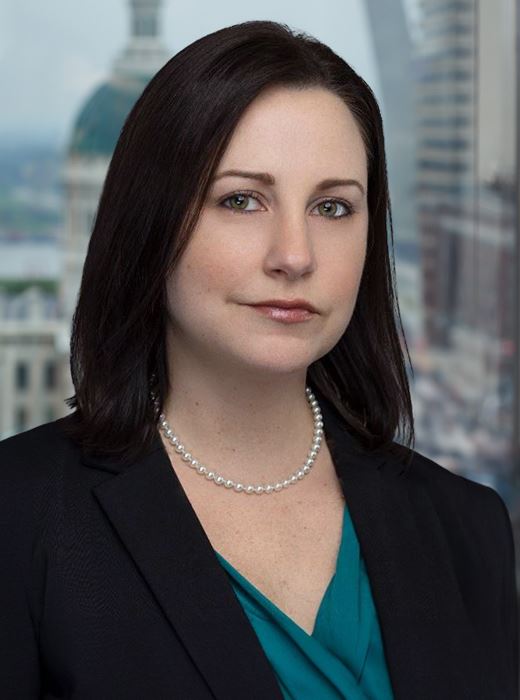
Why did you want to be an attorney?
I decided to go back to school to be a paralegal and get a job at a law firm. I wanted to see first if I enjoyed the legal field before I went to law school. Before attending law school, I also worked as a restaurant manager. One day, one of my regular customers asked what I would do if I won the lottery, and I said, ‘go to law school.’ His response was that I didn’t need to win the lottery for that (although it sure would’ve helped) and that I should just do it! So, I did.”
What has been your proudest accomplishment as an attorney?
“When I’m able to reassure clients that I can help them – and then I do. It’s very rewarding.”
How do you plan to contribute to the future of women in law? What can others do now?
Women bring a unique perspective to everything we do, especially the law – for example, look at all of the laws that specifically affect only women, for instance. It’s important that women continue becoming lawyers, entering politics, and creating policy that represents those unique female perspectives.
Katrina A. Hudson, Associate
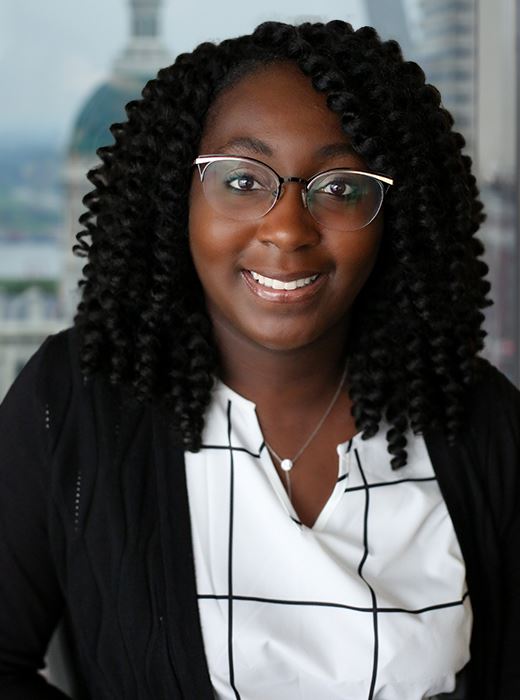
Why did you want to be an attorney?
“My cousin’s murder in my hometown during my freshman year of college inspired me to join the legal community and to use my voice and platform to amplify the voices of those who fall victim to the harms and ills of society. My purpose in becoming a lawyer was to be an advocate.”
How do you plan to contribute to the future of women in law? What can others do now?
“I plan to contribute to the future of women in the law through mentorship. Mentorship is an important component of success as a lawyer because relationships are currency in this profession.”
What advice do you have for women who are considering a career in law?
“The legal field is vast with endless possibilities and niches. Choose the path that most excites you.”
Emma Sikora Paulus, Associate
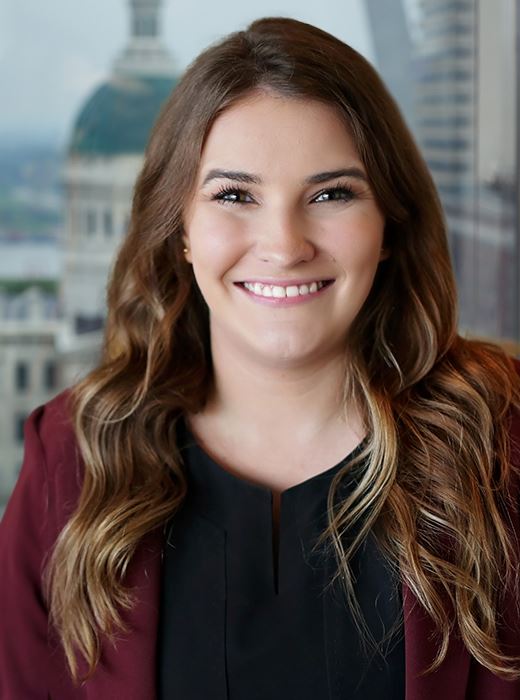
Why did you want to be an attorney?
“I have wanted to be an attorney from a very young age. I believe that I’ve always viewed the role of an attorney as someone capable of advocating for anyone, including those who don’t have the ability to advocate for themselves.”
What has been your proudest accomplishment as an attorney?
“My proudest accomplishment as an attorney is not limited to a singular event and more so lies in the everyday client contact that enables me to constantly communicate my dedication to recovering for our clients.”
What have been the biggest challenges you’ve faced as a woman practicing law?
“As a female attorney, especially a young female attorney, I have found that my greatest challenge at times is being taken seriously. While being a woman is part of my identity, I have found that the normative definition of an attorney does not include female for some, and while people may see ‘female’ as part of my identity, it is surprising that ‘attorney’ doesn’t sit as easily with them.”
Caitlynne Dixon, Associate

Has anything surprised you in your journey to this point?
“I’m surprised by the amount of female leadership I’ve seen in law school and in practice. In law school, both leadership teams for the moot court and law journal programs were predominantly female. In practice, 2/3 of our office’s team leads are female.”
How do you plan to contribute to the future of women in law? What can others do now?
“I plan to contribute to the future of women in law by becoming a meaningful mentor myself. Since becoming licensed only a few months ago, I’ve already returned to my law school twice to act as a moot judge for oral arguments and provide any guidance I can.”
Traci E. Hoover, Associate
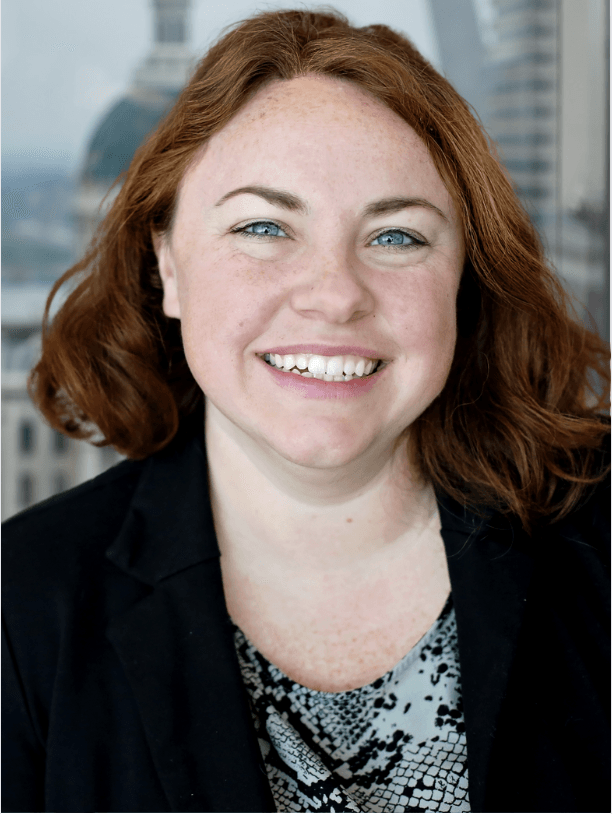
How do you plan to contribute to the future of women in law? What can others do now?
“I strongly believe that there is room at the table for everyone and that part of the duty of being a woman in law is welcoming others to that table. The profession is stressful enough, and there is no reason to tear each other down when you can gain far more power by inviting them to the table instead. You don’t create the world you want to live in by remaining passive. You can only do it by taking action.”
Why is International Women’s Day important to celebrate in the legal field?
“You can let other people underestimate you. But, you should never underestimate yourself. Women are constantly and consistently striving to be better for themselves and for those around them. We are strong, brave, and bold. Lean on what you have and on the community around you to help women take another step forward and then, most importantly, hold that ground.”
SWMW Law celebrates our female attorneys and the many other women imbued with the same dedication to improve the lives of women in this generation and the many more to come. Our clients and community are the direct recipients of the intellect, hard work, and dedication of our female attorneys, and we are proud to have them on our team.


